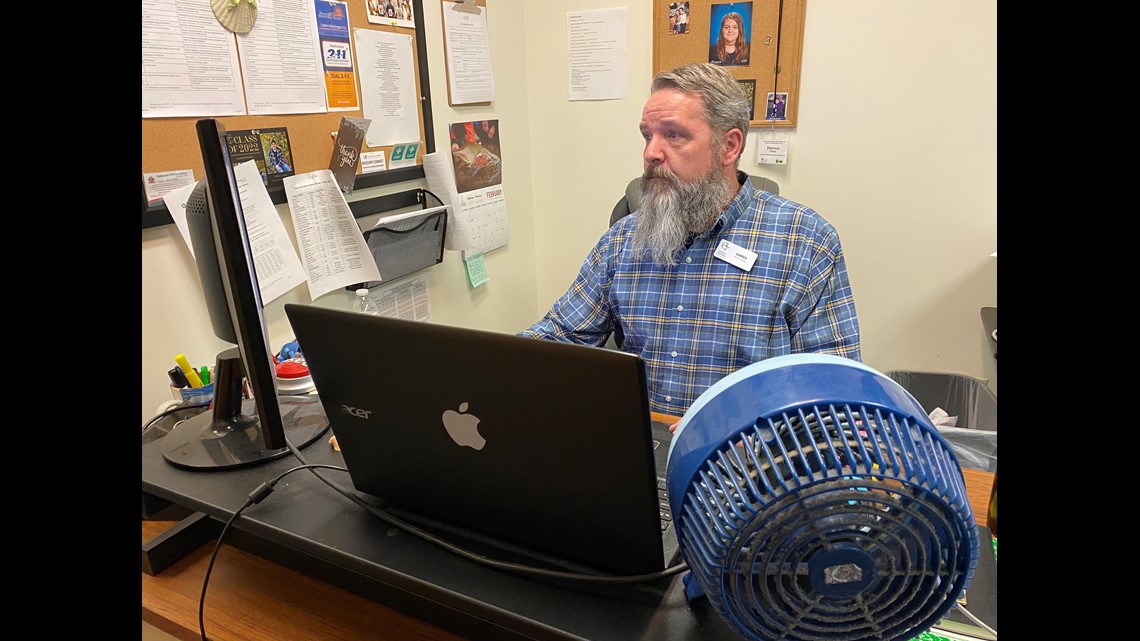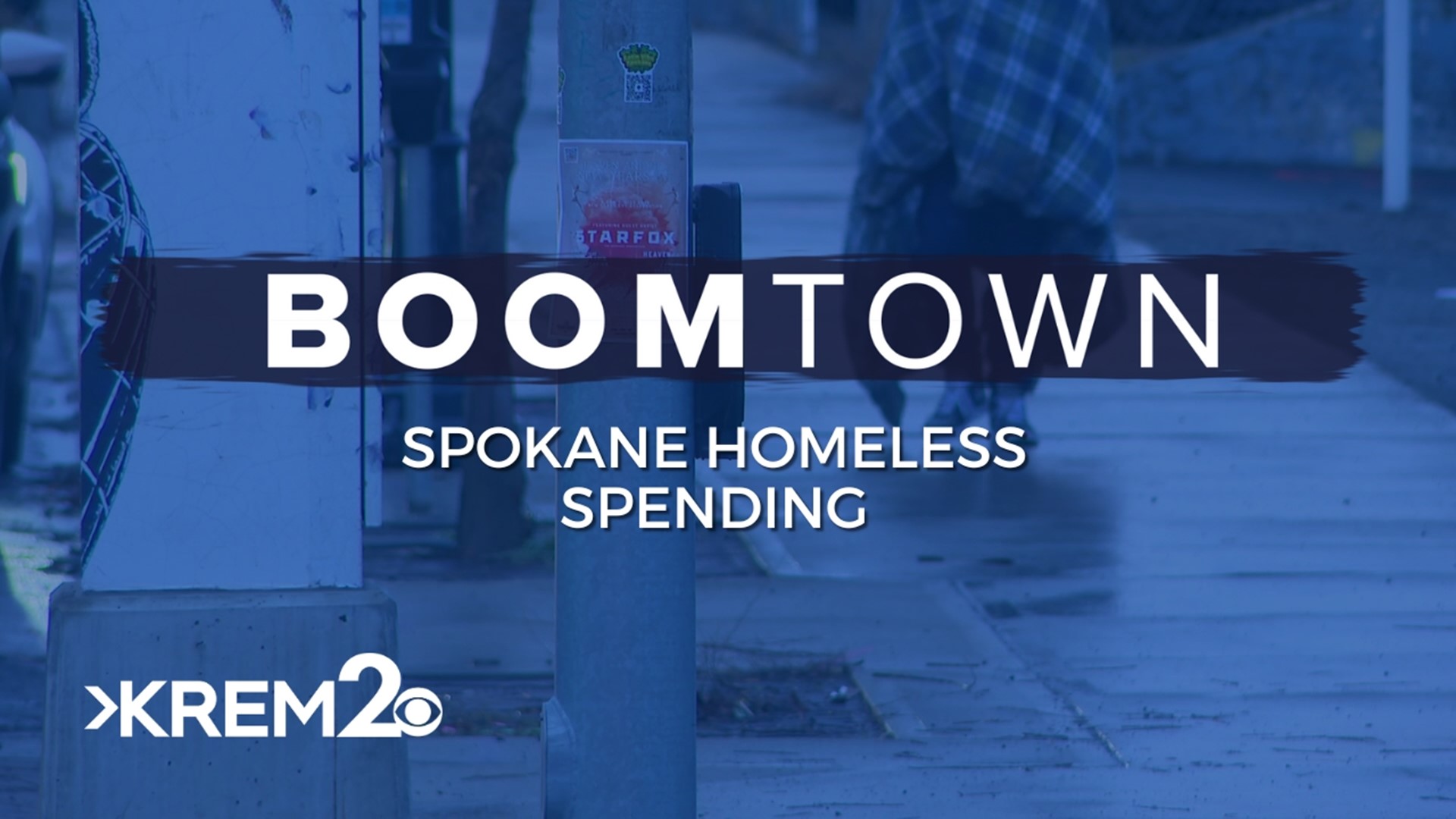SPOKANE, Wash. — Several months ago, KREM 2's Whitney Ward and I traveled to Houston, Texas, to learn how they've been able to decrease their homeless population by 60% in the last 10 years and to see if those same principles could work here in Spokane.
While spending several days talking with experts, we learned that they've been able to accomplish this by a simple approach called "Housing First." It's the same thing that we do here in Spokane by trying to prioritize placing the most vulnerable people into permanent housing as quickly as possible.
But unlike Houston, our homeless population is continuing to grow.
According to the 2023 Point-In-Time Count, the most recent one available, 2,390 people were homeless in Spokane and Spokane County. In 2022, it was 1,457 people, and in 2021, it was 720.
Darren White, one of the program coordinators at House of Charity in Spokane says he's not at all surprised that the number of unhoused people continues to rise.
"A lot of individuals that are accessing services at our shelter, they were stably housed for 10 to 15 years,” says White. "Landlords have doubled their rent in the last few years. And we're seeing an influx of individuals come into our shelter, that have been paying their rent, that have been doing all the right things."


White used to be one of the people included in the Point-In-Time Count.
“I started experiencing homelessness as a youth going through the foster system,” says White.
Now, he and his wife both work trying to get other people back on their feet.
“I think a lot of people (sic) have that misconception that people choose to be homeless,” says White. “While there are a few people that maybe do choose to be homeless, I would say the majority of them have just had circumstances that have created their homelessness.”
That's not the only misconception people have when it comes to homelessness.
“I think there's a kind of a public perception that homelessness is, is not, you can just do whatever you want to fix it,” says Dawn Kinder, director of Spokane Neighborhood Housing and Human Services.
Her department allocates millions of dollars in local, state and federal funding to dozens of service providers, working to get people out of homelessness.
“It is not a simple problem to solve, and it is one that takes a lot of time and effort and collaboration and really community leveraging of resources,” says White. “It's a gravely underfunded part of really our country's work, right? Behavioral health, housing and homelessness are gravely underfunded.”
Which could be a contributing factor to our growing homeless population.
Out of the more than $43 million allocated to homeless services, housing services, and rental assistance in 2023, $3 million came from the city's general fund. The majority is from state and federal funding.
Much of it came from COVID-19 relief funding that is now running out. It’s something Kinder and her department have concerns about as we enter a new year under a new administration.
“The state and federal governments did a great job trying to take care of people during COVID but now what? Yeah, and so now there's a cliff we're coming into,” says Kinder.
A decrease in funding will have huge impacts on service providers across the city and county, but Robb McCann, CEO of Catholic Charities of Eastern Washington, says it all comes down to spending the money wisely.
“If you have a pool of dollars at the state, the city or the county level, and you want to spend it towards solving these issues, you have to spend it wisely and carefully and make sure you're getting results,” says McCann. “If you spend it in a way that is maybe not the best practice or not getting good results, then the numbers of people suffering are going to keep going higher than the money is to solve the problem.”
He says his organization, like so many others in town, needs more money to put towards long-term housing.
“We need to kind of arrive at a place where we can say to the public, we need more shelter beds, we need more treatment beds, we need more housing,” says McCann. “You've got some nonprofits, great nonprofits in this community that are willing to build and operate all three of those shelter beds, treatment breads, (sic) and housing beds, and they're willing to do it, the money is there to do it. What stops us is every time we try and build anything at Catholic Charities, we will immediately get protests, attacks on social media, people picketing at my house, you know, all kinds of media, people screaming into TV cameras about how angry they are, that Catholic Charities might be building something near them. And that stops the project a lot of the times, and when you multiply that by all the nonprofits who get the same kind of level of pushback, and then you have a government system that has zoning laws, that makes it really difficult to build shelters and treatment and housing, then you get a system where we want to be like Houston. We're never going to be like Houston unless we come to an agreement on some of these big-picture issues.”

